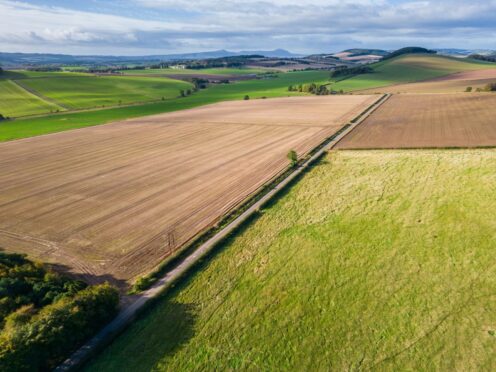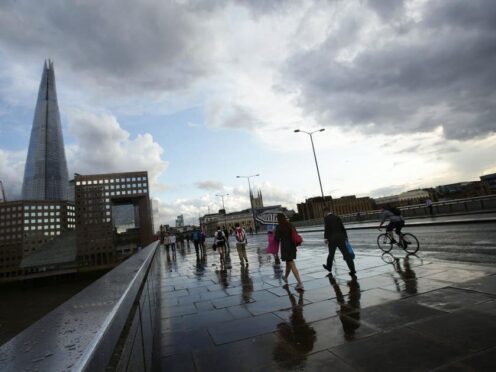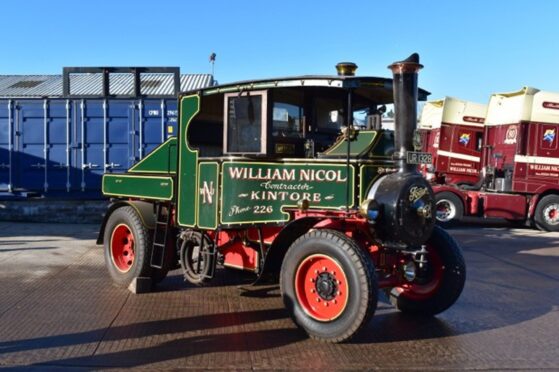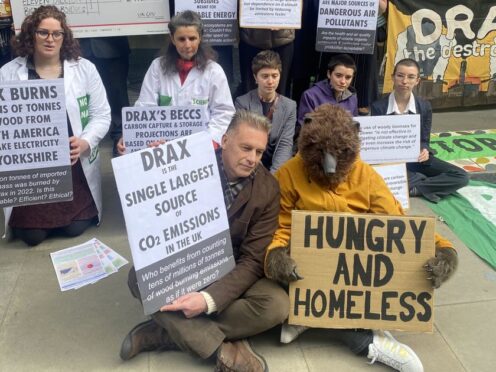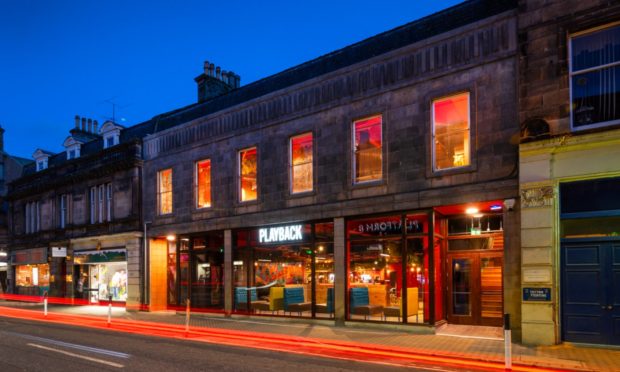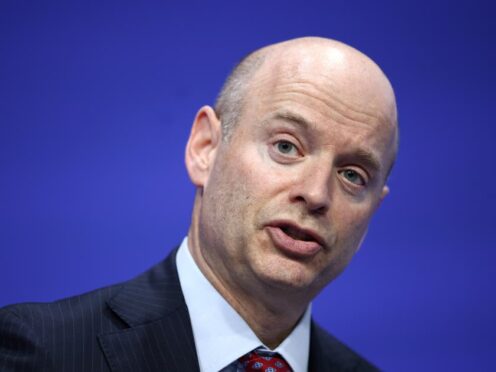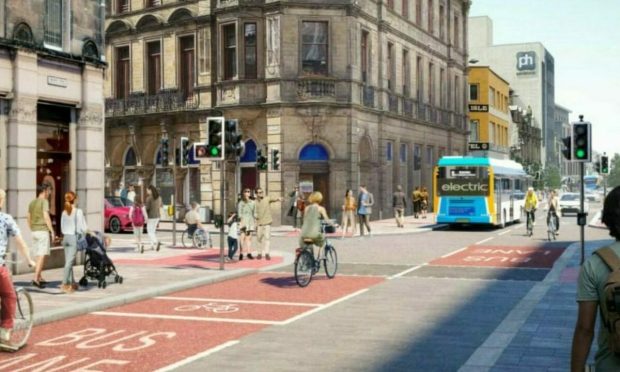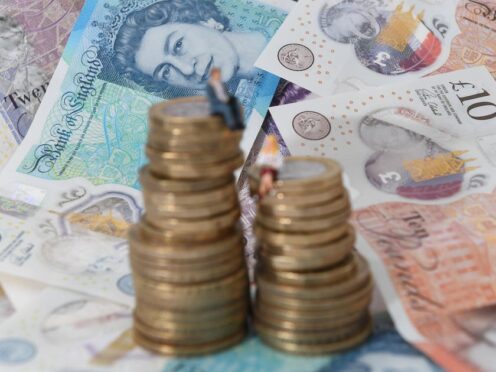Business start-ups around the UK have slumped by nearly 20% in five years, a study has found.
Scotland has not suffered such a sharp fall, with the number of new firms getting off the ground north of the border down by 3.1% between November 2011 and November 2016, according to Bank of Scotland (BoS).
But the figures coincide with survey findings from the Federation of Small Businesses (FSB) showing a “confidence gap” opening up between firms in Scotland and elsewhere in the UK.
The BoS data shows Wales has seen the largest decline in start-ups in the UK, with a fall of 26%.
England has also been hit hard, with the number of new firms down by one-fifth – or 100,000 businesses – over the five years, the bank said, citing an uncertain economic climate as the likely reason.
BoS retail business banking managing director Jo Harris said: “The new year is a time when people aim to make a fresh start. There’s no bigger or braver change you can make than starting your own business.
“The recent downward trend we’ve seen in new business start-ups is likely to be a response to the uncertain economic environment, however, there are significant opportunities if you have the determination and drive.
“We are committed to supporting small businesses and are proud that (parent) Lloyds Banking Group helped more than 100,000 new start-ups in 2016.”
Argyll and Bute – down by 20% – was among the council areas with the worst records for business start-ups since 2011, while Aberdeen city and the Western Isles were down by 11.9% and 4.4% respectively.
By contrast, the number of new firms in Orkney shot up by more than a third (42%) and the Highlands, Aberdeenshire and Shetland saw increases of 14.7%, 10.1% and 1.6% respectively.
The latest FSB Small Business Confidence Index shows that, UK wide, slightly more firms expect conditions to improve than deteriorate.
But Scottish smaller business confidence fell again at the end of 2016, marking 18 months of sliding private sector sentiment, according to the federation.
The state of the domestic economy was highlighted as the biggest barrier to growth by more than half (55%) of Scottish firms surveyed.
Andy Willox, FSB’s Aberdeen-based Scottish policy convenor, said: “A confidence gap has opened up between firms in Scotland and elsewhere in the UK. This was clear before the referendum on the EU, but widened as 2016 wore on.
“The reasons for this divergence aren’t immediately clear but new burdens on Scotland’s large service sector, the wider economic impact of the oil price dip and rising overheads will all have had a role to play.”


